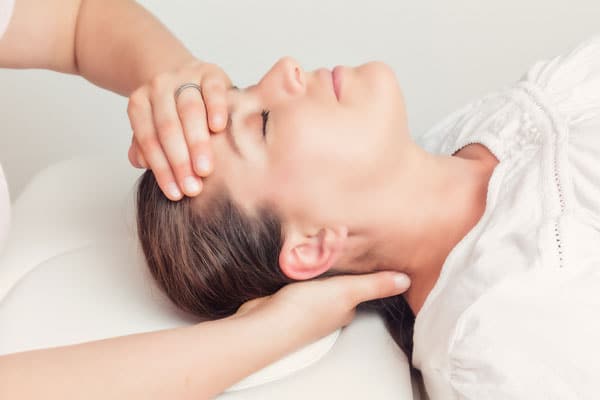Holistic Treatment
Individuals that want to use alternative forms of addiction therapy and treatment should look into holistic therapy.
Drug addiction treatment usually uses conventional medical and therapeutic practices to help individuals overcome addiction. While standard forms of addiction treatment are effective, some people prefer to use non-medical and alternative therapeutic practices when it comes to their treatments. For the people that prefer to use non-medical and alternative therapeutic practices for addiction treatment, there is holistic therapy treatment and holistic medicine.









